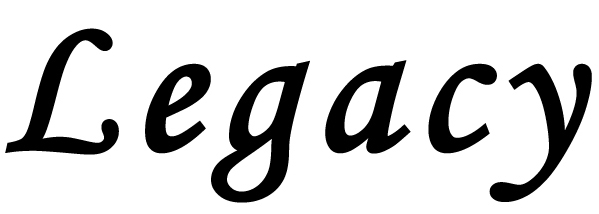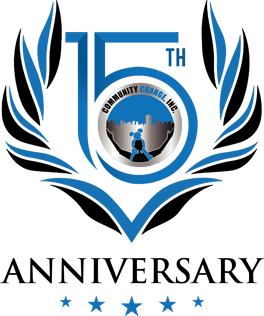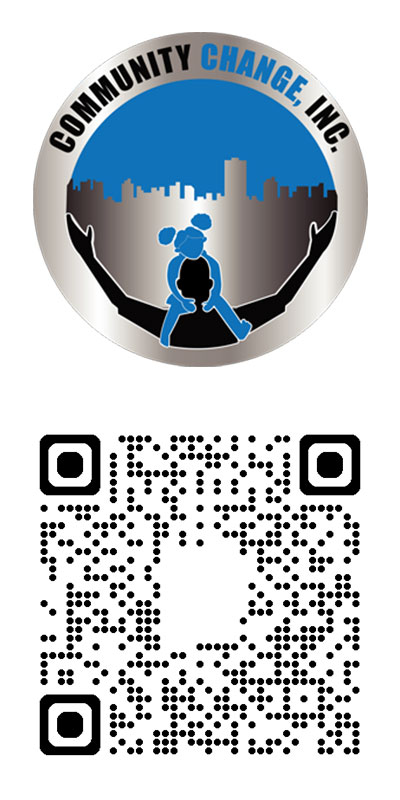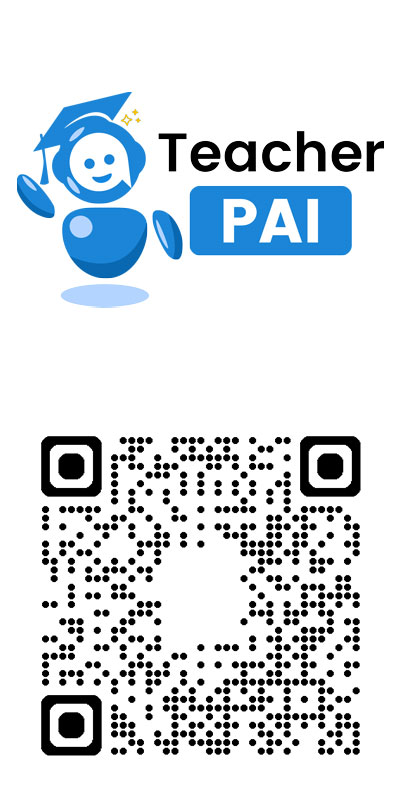CCI trains the staff of its clients to turnkey its approaches for career explorations, community organizing, cultural education and relationship building. CCI provides professional development in multiple formats to ensure that staff will be able to access and retain the content of the trainings. These formats include: one-to-one mentoring, small and large group workshops, facilitator guides, retreats and webinars. In addition to covering our approaches to youth development, CCI provides professional development on a range of pedagogical and organizational topics, including the Danielson Framework, school leadership, evaluations, and recruitment and retention strategies.
- Mentoring
CCI provides teachers and other professionals with one-to-one research support, collaborative lesson planning and instructional coaching. Mentoring gives practitioners the most effective form of professional development: ongoing, individualized support as they design and then implement lessons, while allowing space for feedback and adjustments along the way.
- Workshops and Webinars
CCI workshops are designed to incorporate the experiences of the participants. Workshops feature engaging activities and audio/visual presentations to maintain participants’ attention. Additionally, CCI provides research and templates to give added substance to the trainings. CCI also customizes webinars to meet the training and scheduling needs of its clients.
Please click the following links to see sample workshops on management, social enterprising, and community organizing:
Boss Up for Management
Career Visioning for Social Enterprising
Power to the People for Community Organizing
- Conferences and Retreats
CCI conferences and retreats provide extended and diverse learning experiences for professionals. Since 2014, CCI has collaborated with Lehman College – School of Education under the leadership of Dr. David Fletcher to have the Annual Restorative Practices Conference in the Bronx. Topics include approaches and protocols found to be effective in changing whole school cultures from being retributive to being restorative; the social, emotional and academic development of youth supported by trauma-informed practices; and the critical need for culturally responsive teaching to support the building of restorative schools. More than 300 educators participate in 30 different restorative practice workshops offered at the annual conference.
- Staff Institutes
CCI’s staff institutes provide an engaging professional development experience to employees. They sessions are customized in response to critical questions identified by the client to ensure the responsiveness of the trainings. The institutes are delivered by educational and human service professionals with significant experience and expertise in the field. Each session is for two hours, with an additional hour after each session to provide one-to-one technical assistance to employees as needed.
Program Directors’ Institute
The Program Directors’ Institute is an eight-session online professional development experience for program managers/coordinators/supervisors and/or their designees. Each session will be for two hours. Additionally, the facilitator will be available for an hour after each session has been completed to provide one-to-one technical assistance to staff as needed. The goal of The Program Directors’ Institute is develop strategies that effectively address any challenges in the design, implementation and oversight of their programs.The objective of the The Program Directors’ Institute is to engage participants in in-person or online sessions of strategic planning in the following areas:
- Program culture
- Activities and services
- Program staff
- Marketing, recruitment and retention
- Administration
- Partnerships
As a result of The Program Directors’ Institute, participants will gain knowledge and skills of strategies to 1. Build upon the strengths and capitalize off of the opportunities in each of the aforementioned areas for their program; and 2. Address the weaknesses and circumvent/neutralize the threats in each of the aforementioned areas for their program.

The Legacy Institute for cultural education and community engagement
The goals of the Legacy Institute are:
- To share strategies that effectively engage youth participants in cultural education;
- To share strategies for integrating cultural education into any subject area or area of interest.
The objective of the Legacy Institute is to engage employees who work with students in in-person and online sessions that support their design and implementation of lessons for student in the following areas:
- Exploring students’ Identity/Interests
- Exploring their cultural past
- Exploring their culture today
- Geography and their culture
- Social issues related to their culture
- Resources for research
- Exploratory Exercises
- Creative Expression Exercises for young people
As a result of the Legacy Institute, participants will gain knowledge on 1. The Legacy Model for cultural education; 2. Engaging exercises; 3. Age-appropriate resources for cultural education.

The Peace Institute for relationship education, conflict management / resolution and restorative practices
The goals of the Peace Institute are:
- To share strategies that effectively engage youth participants in relationship education;
- To share strategies for integrating relationship education into any subject area or area of interest
The objective of the Legacy Institute is to engage employees who work with students in in-person or online sessions that support their design and implementation of lessons for students in the following areas:
- Exploring students’ relationship with themselves
- Exploring familial relationships
- Exploring community relationships in their
- Exploring nationwide relationships
- Exploring global relationships
- Online resources for research
- Online exercises for engaging students in research
- Online academic, artistic, and recreational exercises for engaging young people creatively
As a result of the Peace Institute, participants will gain knowledge on 1. The Peace Model for relationship education; 2. Engaging exercises; 3. Age-appropriate resources for relationship education.





